The BRICS Summit 2024 took place this week in Russia and the event–in the context also of some previous developments–offered useful indicators about global attitudes at government levels towards Bitcoin, crypto more widely, and the feasibility of establishing blockchain-based international payment systems.
Just prior to the start of the summit, at the BRICS Business Forum in Moscow, there was discussion of a project called BRICS Pay. This is a proposed blockchain-based payment system that has been pitched as being for both retail and B2B use, able to facilitate cross-border payments, and that could potentially use its own BRICS unit of account.
What’s more, Vladimir Putin then spoke at the BRICS Summit about the possibility of using digital currencies for international investment in developing countries.
JUST IN: BRICS to use digital currencies for investment developments. pic.twitter.com/i7u7JFsC55
— BRICS News (@BRICSinfo) October 18, 2024
While there are no absolutes to be drawn, it’s apparent that some BRICS nations–in particular Russia, which has been operating under sanctions since breaching international law to invade Ukraine–are interested in ways of reducing reliance on the US dollar, and in fact, de-dollarization through the use of local currencies was also a subject of discussion at the summit.
Crypto on the Agenda
What’s more, the summit hosted a discussion centred around the possibility of using Bitcoin for international payments. According to reports, the proposition is that Russian bitcoin miners might sell the digital asset to international buyers, who would make use of it to purchase imports, thereby, in theory at least, bypassing sanctions.
These plans correlate with a partnership between Russian sovereign wealth fund RDIF and Russian bitcoin miner BitRiver, which jointly aim to construct data centres across several BRICS nations, while the partnership also has a focus on AI development.
Relatedly, Russia earlier this year passed legislation allowing for cryptocurrencies to be used by businesses for international trade (but not permitting private domestic payments), while there were reports in Russian media over the summer suggesting that the government was planning two state-run crypto exchanges, alongside speculation about the development of both a Chinese yuan-pegged stablecoin, and a stablecoin linked to a basket of BRICS currencies.
ECB Expresses Bitcoin Hostility
Curiously, these broadly positive blockchain discussions among BRICS members come not long after a Bitcoin report from the European Central Bank that revealed, by contrast, a hostile attitude.
3/ Then they go on to brazenly advocate for legislation ... "to prevent bitcoin prices from rising or to see bitcoin disappear altogether" in order to prevent "the division of society". pic.twitter.com/kqQfOxeYuk
— Tuur Demeester (@TuurDemeester) October 19, 2024
The report goes as far as to argue that since BTC might continue to rise in price, non-holders, rather than purchasing bitcoin on the free market, should actively oppose the new asset instead, and should even “advocate for legislation against it, aiming to prevent Bitcoin prices from rising or to see Bitcoin disappear altogether”.
Given that on the other side of the pond, the largest asset manager in the world, BlackRock, is now actively promoting Bitcoin products to its clients, while the new spot BTC ETFs–from BlackRock and others–have hit cumulative total flows since January of above $20 billion, the ECB’s conclusions sound a jarring note.
And incidentally, it's worth remembering that just two years ago the ECB declared that Bitcoin was on its “last gasp before the road to irrelevance”. Evidently, there has been a profound shift in tone at the ECB since then, as it has shifted from describing BTC as a doomed asset, to implying that the cryptocurrency is so disruptive that it requires elimination.
Mixed Messages About Blockchains
What’s apparent from observing these various developments, is that while the messages are mixed, cryptocurrencies and blockchain development are now central to establishment discussions about the future of payments, and about economies more broadly, and we can see these discussions happening simultaneously in various adversarial nations.
This then paints a confused picture: BlackRock promotes BTC, and American presidential candidate Donald Trump this year outlined plans to integrate it as a Treasury asset, while in Europe the ECB fantasizes about banning it altogether.
In BRICS nations, announcements are issued about plans for a blockchain-based alternative payments system, and BTC is touted as a means of facilitating otherwise-restricted international trade, but this occurs while China still has a crypto ban in place, and amid reports that India is considering restricting crypto use, but is also weighing up the possibility of introducing a digital rupee.
As for where this all leads, firstly, it underscores the necessity of distinguishing between permissioned, private blockchains–the kind that CBDCs would run on–and permissionless, public blockchains like Bitcoin, which operate by design outside the remit of the state (or of any other controlling authority).
Relatedly, it’s notable that the Trump campaign has publicly championed Bitcoin while also stating that it would prohibit the development of an American CBDC, which aligns Trump with those who assert that CBDCs are inherently vulnerable to misuse by authoritarian regimes.
And finally, these concurrent events in oppositional countries underline Bitcoin’s neutrality as a technology, and back up the arguments of Bitcoin advocates who spoke about adoption as it relates to game theory: the idea being that in the end there would be a race–including among nation states–not to be last adopter.
This article was written by Sam White at www.financemagnates.com.
You can get bonuses upto $100 FREE BONUS when you:
💰 Install these recommended apps:
💲 SocialGood - 100% Crypto Back on Everyday Shopping
💲 xPortal - The DeFi For The Next Billion
💲 CryptoTab Browser - Lightweight, fast, and ready to mine!
💰 Register on these recommended exchanges:
🟡 Binance🟡 Bitfinex🟡 Bitmart🟡 Bittrex🟡 Bitget
🟡 CoinEx🟡 Crypto.com🟡 Gate.io🟡 Huobi🟡 Kucoin.


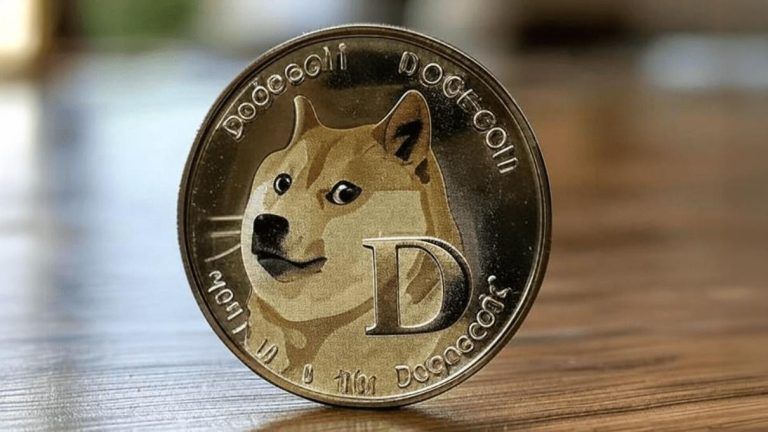

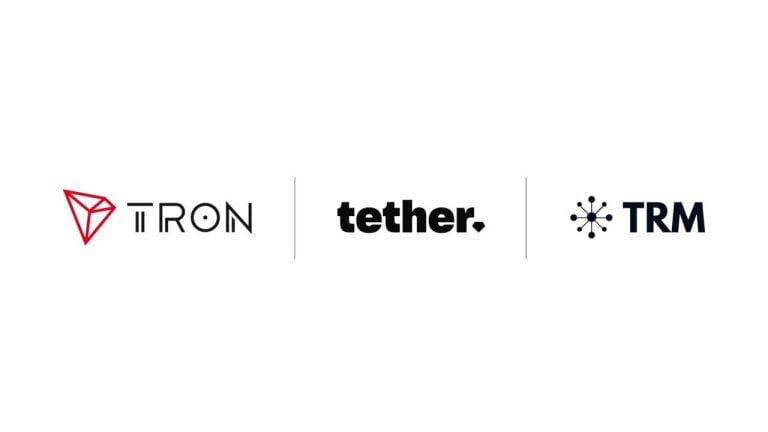
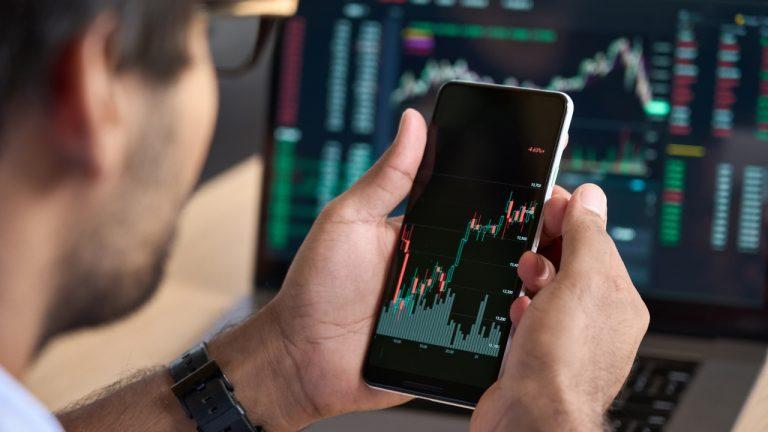







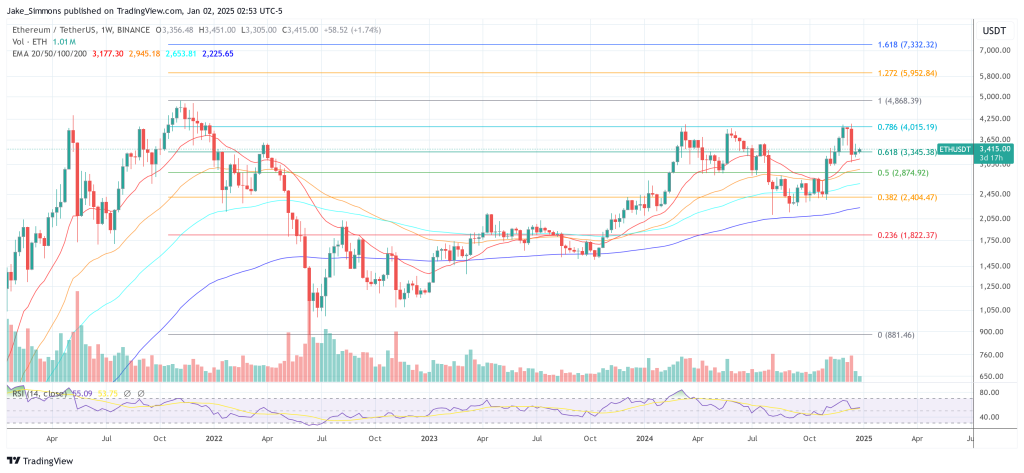




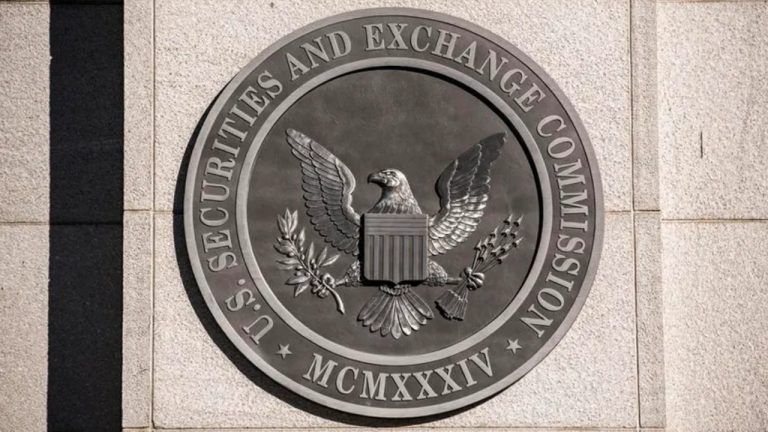

Comments